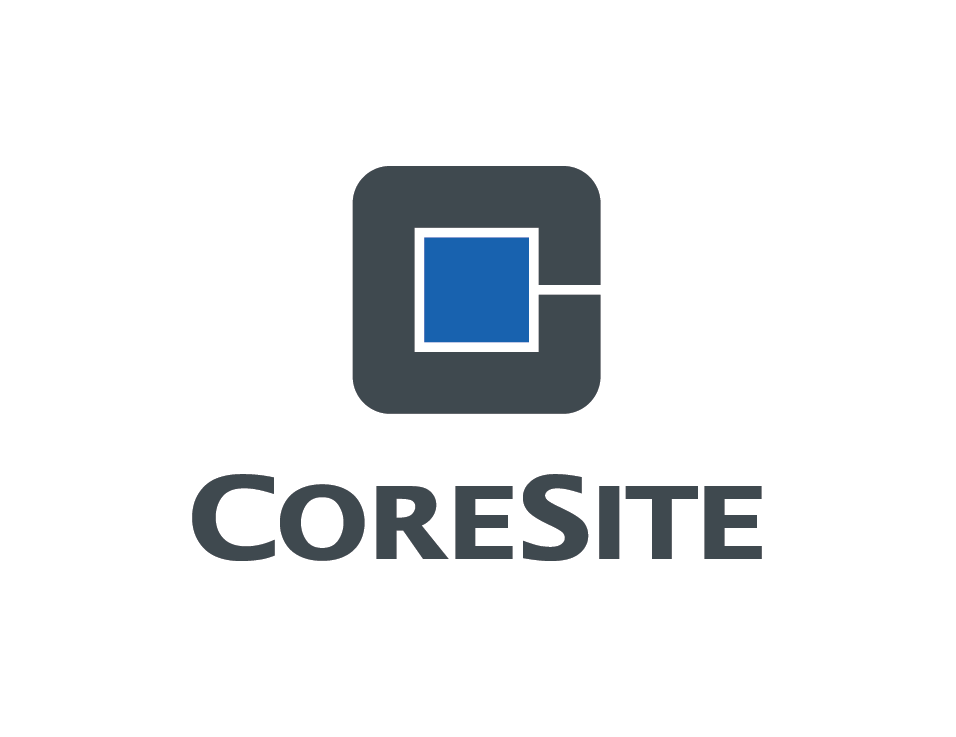Planting The Seeds Of Change
 If you tell Barbara Coleman that there is a bill coming up in Congress that relates to poverty or hunger, her first response is, “When do we go? I need to talk to those people.”
If you tell Barbara Coleman that there is a bill coming up in Congress that relates to poverty or hunger, her first response is, “When do we go? I need to talk to those people.”
As a formerly homeless woman who has fought many battles with poverty, hunger, and homelessness, Barbara felt that the story of her survival fell on deaf ears at many of the places she turned to for help. But she knew that her story was representative of so many around her — people who were struggling to piece together enough food to eat for a day, a safe place to sleep for the night, or medical care when they become ill. In working with St. Anthony’s Advocacy Program, Barbara has learned that her story is important for policy makers and other advocates to hear.
“When representative Mark Leno’s office called us last year to see if we had any clients that were going to Sacramento to provide testimony at the food stamp bill hearing for the Assembly Human Services Committee, we immediately thought of Barbara,” noted St. Anthony’ Advocacy Coordinator, Colleen Rivecca.
While testimony is usually heard by policy experts and academics, Assembly members were captivated by Barbara’s story of how demeaning and complicated it was for her to be searched, photographed, and fingerprinted to apply for food stamps.
Originally from New Orleans, Barbara came to the Bay Area in the 1980’s to find better employment opportunities. For many years, she worked as a nurse and an in-home care provider. She was still working as an RN when a family member came to live with her who, unknown to her, was struggling with a severe drug addiction. After many arguments, police incidents, and violent outbursts, Barbara left in fear the place that had been her home for years. After working her entire life, and at an age when many are facing retirement, Barbara became homeless.
She continued to go to work at the hospital every day, and slept in train stations and on busses at night, holding her story inside. Finally, she sought services from St. Anthony Foundation, who helped her piece her life back together with housing, case management, meals, computer education, and clothing. One day while at St. Anthony’s, Barbara learned about the Advocacy Program and went to speak with them. She wanted policy makers to hear how the food stamp, housing, and health care laws were affecting her.
“My mama and daddy taught me ‘to speak up, but always tell the truth.’ It was the time for me to speak up, and I did.”
St. Anthony’s solutions-based Advocacy Program centers around four main issues: housing, health care, hunger, and work & income. Advocacy activities include public education, voter registration, action days and legislative visits, and letter writing campaigns. While Barbara has participated in many programs at St. Anthony Foundation, she is especially outspoken about how working with the Advocacy Program at St. Anthony’s has helped her develop her self confidence and ability to articulate the complexities of her life and the lives of those around her.
Since January of 2007, Barbara has met with state-level legislative leadership on food related policy, provided testimony on Food Stamp legislation, participated in the Hunger Action Day rally and Disability Action Day, made legislative visits, met with Governor Schwarzenegger’s office on hunger-related issues, and spoken in a panel on women and homelessness. She now has her own studio apartment, and while newly retired, is still meeting with legislators and community members to bridge the chasm of understanding about the impact of policy decisions on the lives of everyday people.
In September, Barbara will go with St. Anthony’s Advocacy Program to Sacramento to bring awareness to the alarming number of people in California who go to bed hungry at night (it is estimated that 1 in 5 Californians are at risk of hunger). She believes it is important for policy makers to hear stories like hers, and to be reminded of why they were put in office.
“Whenever you put your name on a voting list, you are letting the politicians know that you are the backbone of them, not the other way around. They are in office because you put them there, not because they won you over. A lot of people forget that.”













































